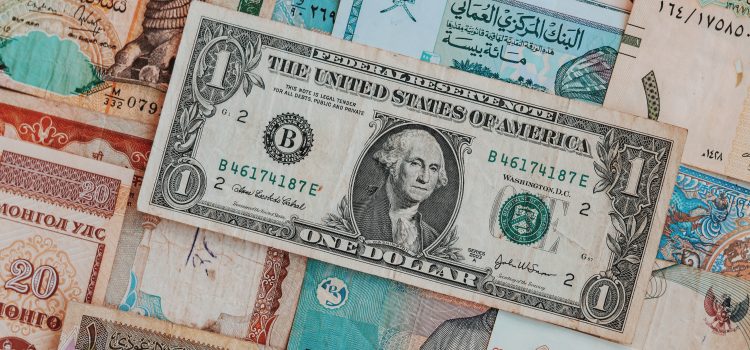
Are you tired of hearing about the endless bailouts and government interventions in the financial sector? Well, we’ve got news for you: First Republic Bank just received a massive bailout to help them weather the current economic storm. But despite this lifeline, investors are still panicking – why is that? We’ll dive into what’s happening with First Republic and explore why investor anxiety continues to persist even after such significant intervention. Get ready for an insightful read!
The current state of the economy
The current state of the economy is one of investor panic and uncertainty. Despite the massive bailout from First Republic, many investors are still fearful about the future. The stock market has been volatile, and there is worry that the recession may not be over yet. There are also concerns about the high levels of debt and deficit spending by the government.
Why investors are panicking
Despite the $2 trillion stimulus package passed by the federal government, investors are still panicking. The stock market has plunged to new lows and there is no end in sight.
The main reason for this panic is the uncertainty surrounding the coronavirus pandemic. With over 1 million cases worldwide and no vaccine in sight, the economic outlook is bleaker than ever. Businesses are shutting down, unemployment is soaring, and there is a real risk of a global recession.
Investors are also worried about the debt load that many countries are taking on to fund their stimulus programs. This could lead to inflation down the line, eroding the value of their investments.
Lastly, there is simply a lot of fear and uncertainty in the markets right now. Many investors are simply not comfortable taking on any more risk at this time. With so much uncertainty, it’s understandable why investors are panicking.
What First Republic’s bailout means for the economy
First Republic’s bailout is the latest in a series of government interventions in the financial sector. The Troubled Asset Relief Program (TARP) was established in 2008 to stabilize the banking system and prevent a complete collapse of the economy. TARP injected $700 billion into banks and other financial institutions. First Republic’s bailout is similar to TARP, but on a much smaller scale.
The purpose of the bailout is to stabilize First Republic and prevent it from failing. This is important because if First Republic were to fail, it would have a ripple effect throughout the economy. First Republic is a large bank with operations in many different states. Its failure would cause disruptions in the banking system and could lead to other banks failing as well. This would lead to job losses, higher interest rates, and a decrease in consumer confidence.
The bailout will also help to restore confidence in the banking system. After the financial crisis of 2008, there was a lot of mistrust in banks and other financial institutions. The government’s intervention with TARP helped to some extent, but there is still mistrust. The bailouts of Bear Stearns and Lehman Brothers led to more mistrust because consumers felt like they were being bailed out while they were struggling financially themselves.
The government’s intervention with First Republic will help to restore confidence because it shows that the government is willing to step in and help stabilize banks when necessary. This will help to encourage people to keep their money in banks and use them for their
How the bailout will affect investors
When the government announced its $700 billion bailout plan for the financial industry, many investors were relieved. But that relief was short-lived.
Now that the details of the plan are emerging, it’s clear that investors will be taking a big hit. The most obvious way is through the increased taxes they’ll have to pay to fund the bailout. But there are other, more subtle ways that investors will be affected.
For example, the value of their investments will likely go down as a result of the bailout. And if they need to sell their investments in order to raise cash, they’ll find it difficult to do so in today’s market.
Investors should brace themselves for some tough times ahead. But if they hang in there, they may eventually be rewarded for their patience.
What to do if you’re an investor in First Republic
If you’re an investor in First Republic, there are a few things you can do to protect yourself.
First and foremost, it’s important to remember that the government is not going to bail out First Republic again. The bank has already received billions of dollars in taxpayer-funded bailouts, and it’s unlikely that they’ll be able to get another one.
Second, you should diversify your investments. Don’t put all your eggs in one basket, so to speak. This way, if First Republic does fail, you won’t lose everything.
Third, you should monitor the situation closely. Keep an eye on the news and on the bank’s financial reports. If it looks like First Republic is in trouble, don’t hesitate to sell your shares.
fourthly You can contact our customer care for more tips on what to do next @first_republic










